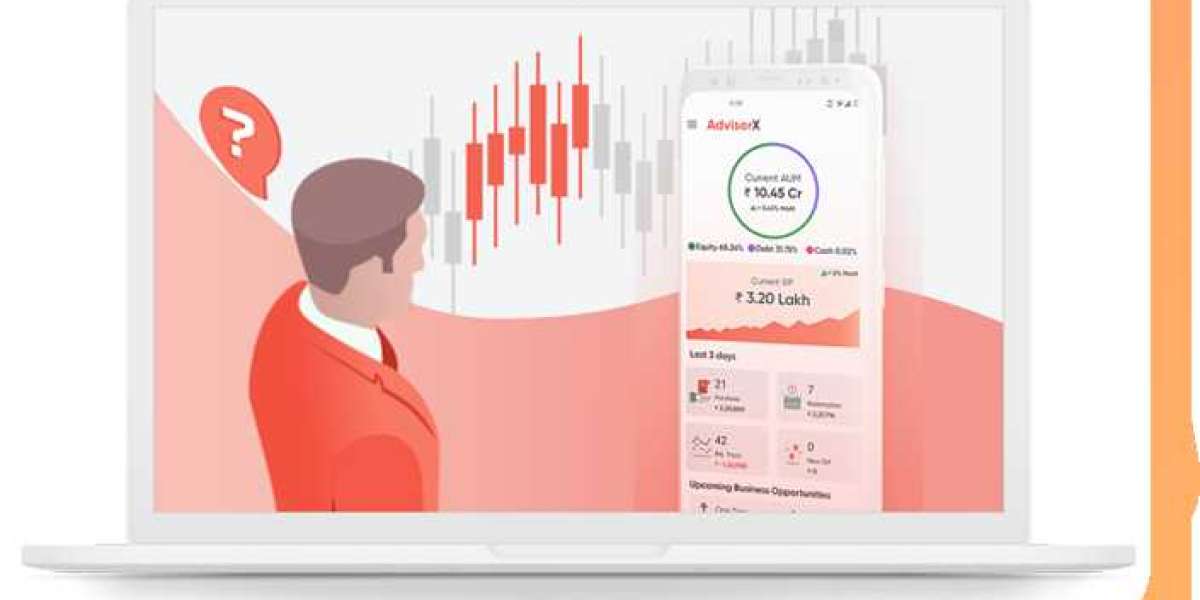Brokerage is the reason why Mutual Fund Distributors (MFDs) handle crores of Assets Under Management (AUM). It keeps their businesses running. However, many MFDs struggle to keep track of their brokerage, leading to inefficiencies and potential loss of revenue. This article will explore the challenges MFDs face in managing brokerage and how the best mutual fund software can help them keep track of it efficiently.
Challenges MFDs Face in Tracking Brokerage
Manual Processes
Many MFDs still rely on manual processes to track their brokerage. This involves calling and uploading files manually which is both time-consuming and frustrating.
Complex Calculations
Calculating brokerage accurately can be complex. MFDs need to consider various factors such as the type of scheme, the amount invested, and the duration of the investment. Manual calculations can lead to inaccuracies.
Data Management
Managing large volumes of data related to brokerage is challenging. MFDs often struggle with organizing and analyzing this data effectively.
Space Constraints
Storing large files can quickly consume available storage space. MFDs often find themselves running out of space, making it difficult to manage brokerage reports efficiently.
Lack of Analytical Tools
Without proper analytical tools, MFDs find it challenging to analyze their brokerage data. This limits their ability to make informed decisions and optimize their strategies.
Introducing Mutual Fund Software for MFDs
To address these challenges, the top mutual fund software in India now includes a new brokerage report feature. This tool helps MFDs track their brokerage efficiently and accurately.
New Brokerage Report with Unmatched Features
Automated File Uploads: MFDs can now request auto-upload files. Select the RTA (CAMS KARVY) and the month, wait for 30-35 minutes, and the password-protected brokerage report is ready.
Simplified Reports, Better Analysis: Reports are divided into eight categories for convenience:
● AMC Wise
● Branch Wise
● Client Wise
● Scheme Wise
● Sub-broker/ RM Wise
● EUIN Wise
● Sub-assets Wise
● Transaction Wise
Analyze and download the needed reports.
Deleting Brokerage Reports: Files can be large, and space may be limited. Reports can be deleted month-wise, quarter-wise, year-wise, RTA-wise, or ARN-wise to free up space.
Growth Report: MFDs can check brokerage growth for the financial year and see monthly progress.
Brokerage Reconciliation: Check the receivable rate, receivable amount, and the gap to know exactly what should have been received. This ensures accurate figures when dealing with AMCs.
Benefits of the Brokerage Report Feature
Increased Efficiency: Automation of file uploads and report generation saves time and reduces errors.
Better Data Management: Brokerage data can be organized and managed effectively with categorized reports.
Informed Decision-Making: Analytical tools provide insights from brokerage data, enabling better decision-making.
Space Optimization: Storage space can be managed efficiently by deleting old reports.
Accurate Reconciliation: Ensures the correct brokerage amount is received from AMCs, reducing potential losses.
Conclusion
Mutual fund software with advanced brokerage tracking features helps MFDs manage their brokerage efficiently. Automation of manual processes, detailed analytical tools, and accurate reconciliation enhance data management. MFDs can focus more on revenue-generating activities that drive business growth. Embracing technology is essential for staying competitive and optimizing operations in the evolving mutual fund distribution landscape.
By implementing mutual fund software, MFDs can overcome the challenges of tracking brokerage, improve efficiency, and ensure continued business success.







